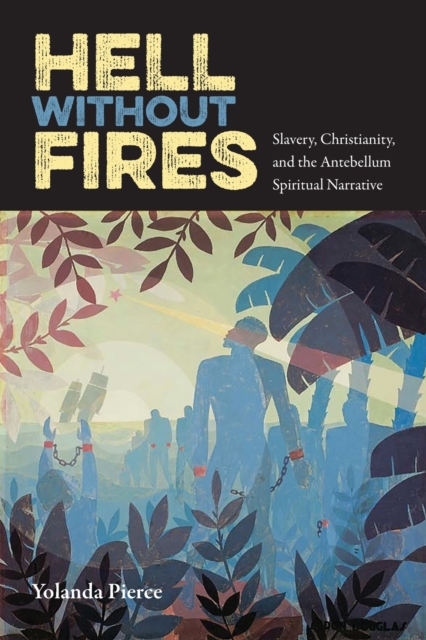Hell Without Fires: Slavery, Christianity, and the Antebellum Spiritual Narrative

Hell Without Fires: Slavery, Christianity, and the Antebellum Spiritual Narrative
These stories by five of the earliest antebellum spiritual writers--George White, John Jea, David Smith, Solomon Bayley, and Zilpha Elaw--create a new religious language that merges Christian scripture with distinct retellings of biblical stories, with enslaved people of African descent at their center. Showing the ways their language exploits the levels of meaning of words like master, slavery, sin, and flesh, Pierce argues that the narratives address the needs of those who attempted to transform a foreign god and religion into a personal and collective system of beliefs. The earthly "hell without fires"--one of the writer's characterizations of everyday life for those living in slavery--could become a place where an individual could be both black and Christian, and religion could offer bodily and psychological healing. Pierce presents a complex and subtle assessment of the language of conversion in the context of slavery. Her work will be important to those interested in the topics of slave religion and spiritual autobiography and to scholars of African American and early American literature and religion.
PRP: 268.32 Lei
Acesta este Prețul Recomandat de Producător. Prețul de vânzare al produsului este afișat mai jos.
214.66Lei
214.66Lei
268.32 LeiLivrare in 2-4 saptamani
Descrierea produsului
These stories by five of the earliest antebellum spiritual writers--George White, John Jea, David Smith, Solomon Bayley, and Zilpha Elaw--create a new religious language that merges Christian scripture with distinct retellings of biblical stories, with enslaved people of African descent at their center. Showing the ways their language exploits the levels of meaning of words like master, slavery, sin, and flesh, Pierce argues that the narratives address the needs of those who attempted to transform a foreign god and religion into a personal and collective system of beliefs. The earthly "hell without fires"--one of the writer's characterizations of everyday life for those living in slavery--could become a place where an individual could be both black and Christian, and religion could offer bodily and psychological healing. Pierce presents a complex and subtle assessment of the language of conversion in the context of slavery. Her work will be important to those interested in the topics of slave religion and spiritual autobiography and to scholars of African American and early American literature and religion.
Detaliile produsului










